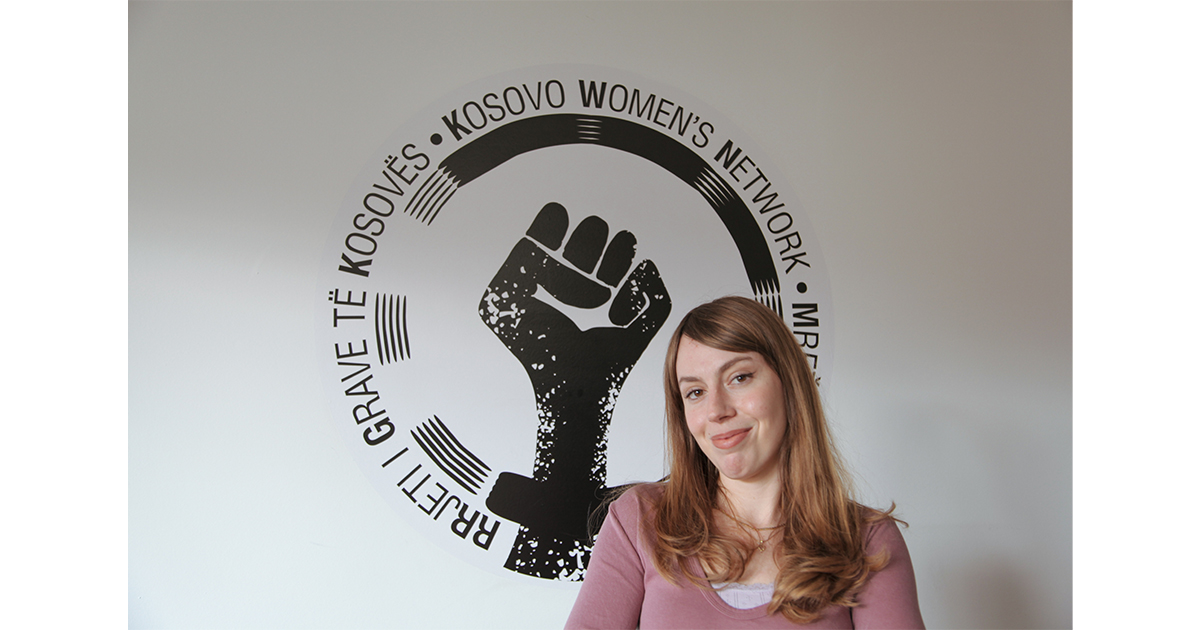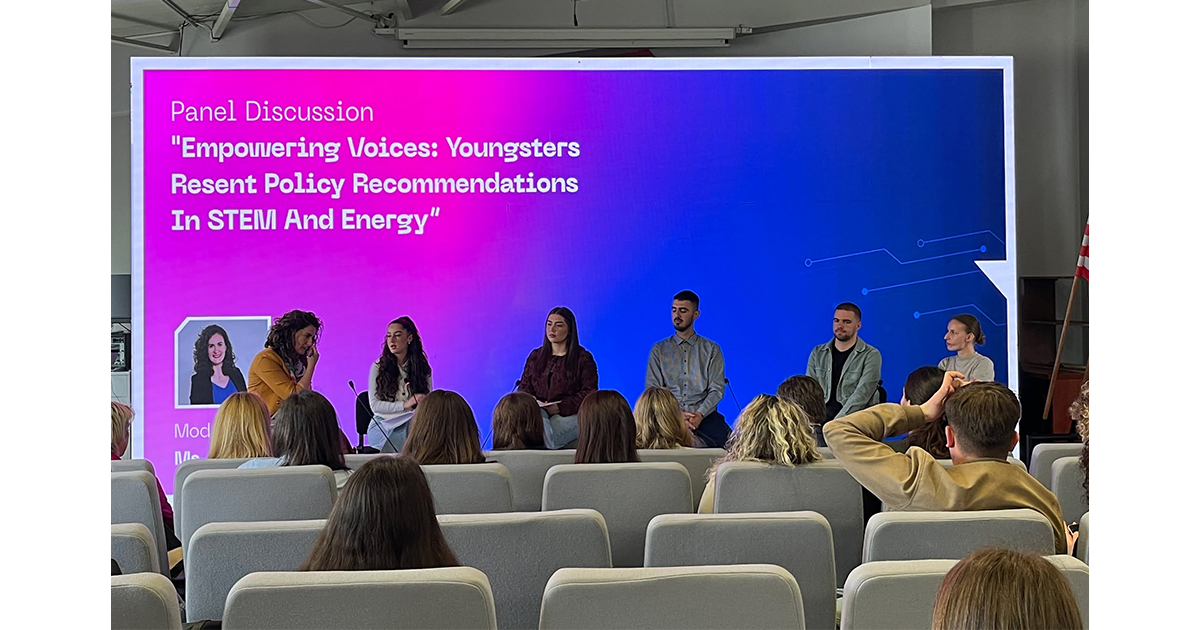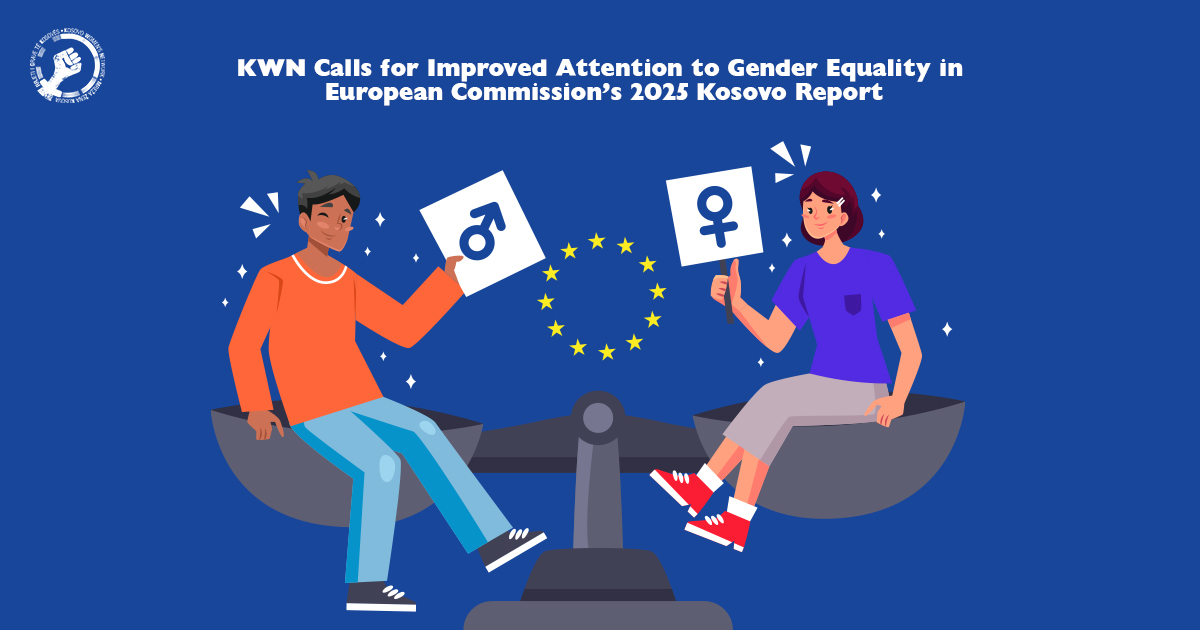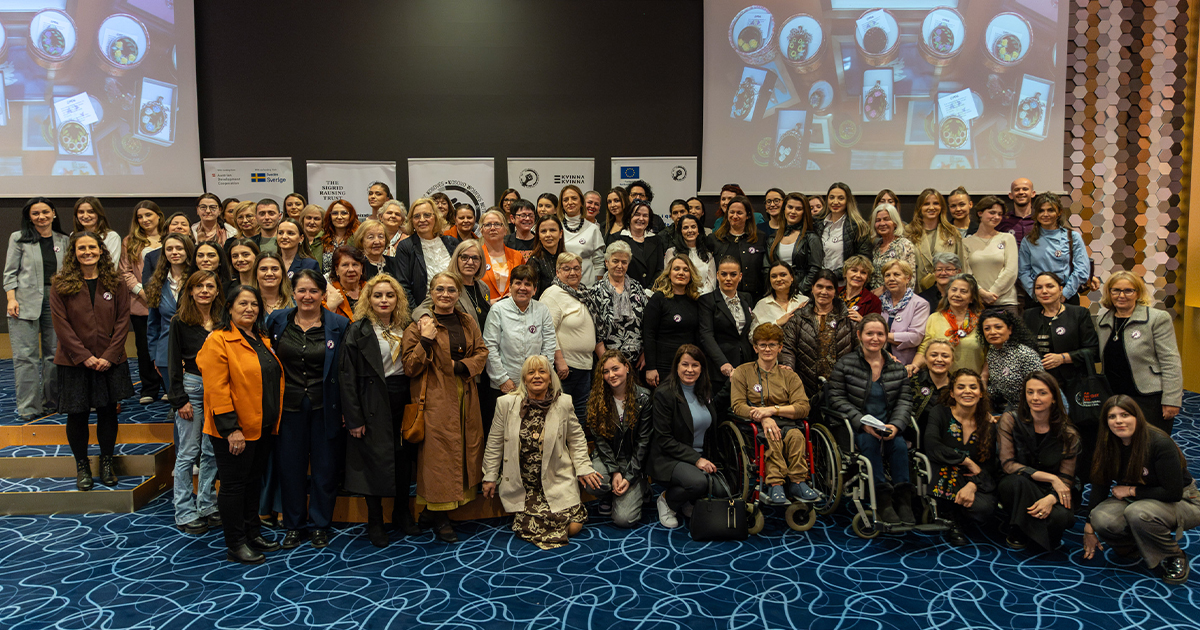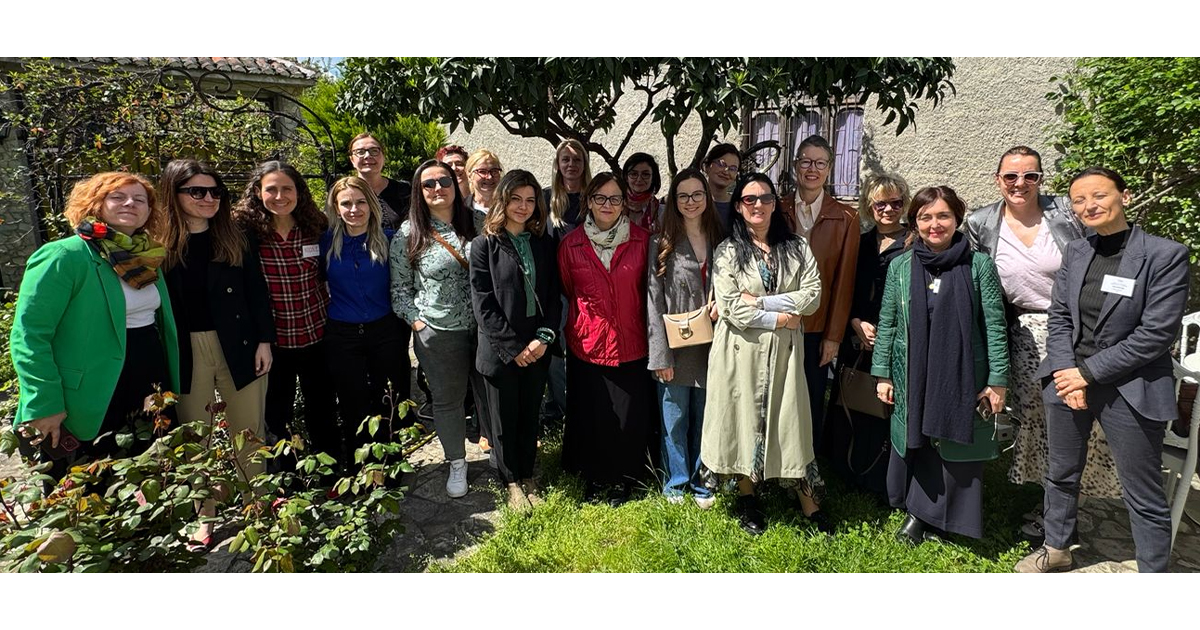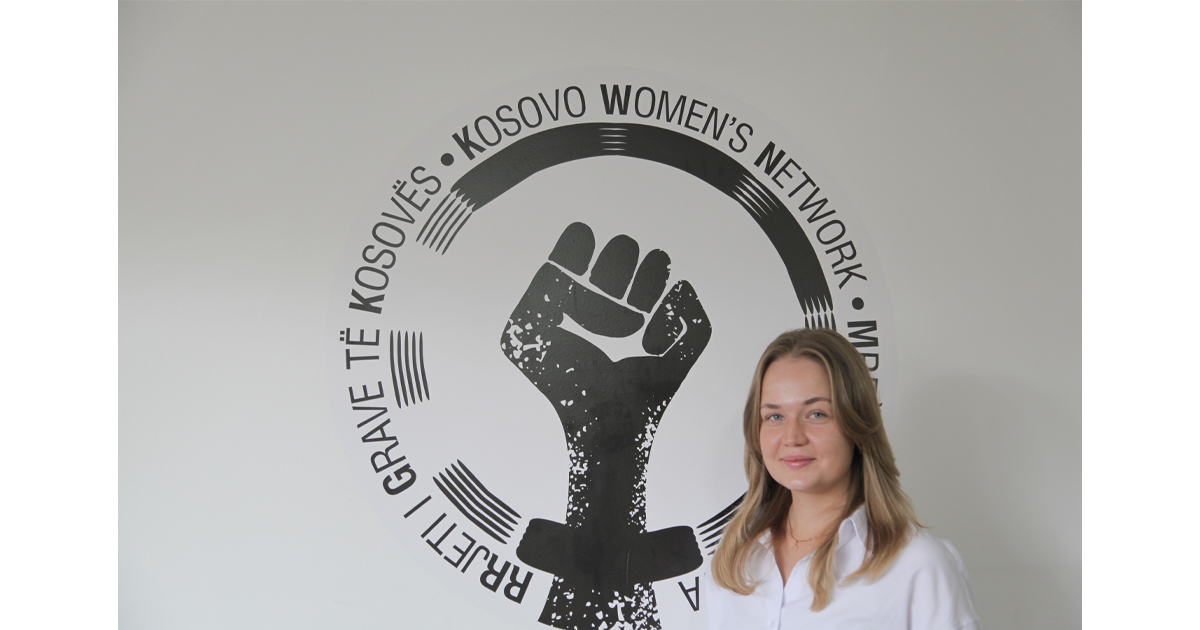On 18 October, the Society for Blind People in Rahovec held the final meeting in the framework of the project titled “Raising the awareness on support for blind and visually impaired persons”, which was attended, in addition to the blind and visually impaired persons and their family members, also by representatives of government and municipal institutions and the representatives of the Kosovo Women’s Network (KWN).
The meeting was opened by the Executive Director of SBP, Xhylfirje Bytyqi, who greeted and welcomed all the attendees.
Although this was the last and final meeting in the framework of this project, the staff of SBP seized the opportunity to announce the results achieved during the five-month duration of this project. There was a successful agreement with the Education Department to send four visually impaired children to the Special School for Blind People in Peja and a decision to establish a list of blind persons who need to become literate and for whom classes will be offered.
In addition, SBP successfully informed the blind and visually impaired persons from Rahovec Municipality on their rights guaranteed by Law no. 04/L – 092 on Blind Persons, which was passed on 2012 but has not been applied yet.
Among others, SBP has successfully advocated at the Health and Social Welfare Directory where they got the confirmation that this directory will help the blind and visually impaired children who need transportation to go to school and return home. They also committed to keeping their door open to all blind and visually impaired persons for anything they might need from this directory.
This project was supported by the Kosovo Women’s Fund (KWF) of the Kosovo Women’s Network and funded by the EU Office in Kosovo.


